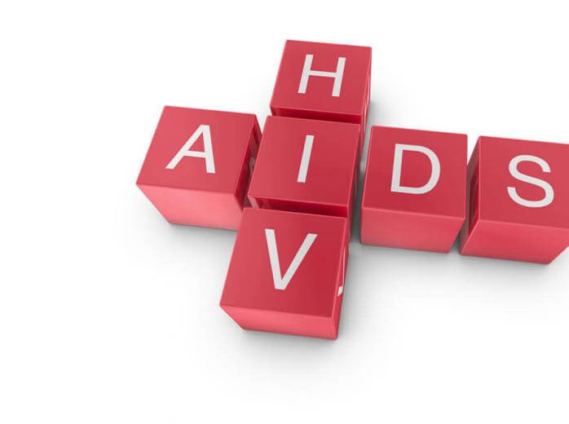Ghana in 2022, spent $126,415,269 on HIV-related activities as compared to $127,828,300 in 2021, a one per cent decrease in total expenditure in 2022.
Out of the total expenditure, USD 51,650,765 was from the government, USD 20,589,629 from the private sector and USD 54,174,875 from international partners.
This is contained in the 2022 results of the National AIDS Spending Assessment (NASA) disseminated by Dr Kyeremeh Atuahene, Director General of the Ghana AIDS Commission in Accra on Wednesday.
He said the assessment showed that international organisations, primarily the global fund and the US government accounted for the treatment of the largest portion of financing with an increase of three per cent from 2021 to 2022.
NASA also indicated an increase of 19 per cent in the government’s expenditure towards HIV-related activities within the period.
Dr Atuahene said for HIV spending by programme areas, HIV treatment, care and support accounted for 53 per cent of HIV financing at an amount of USD 68,011,545.
He said the assessment also noted that areas such as social protection, development synergies and HIV-related research had received relatively little attention.
“The main beneficiary population was Person Living with HIV who received the highest proportion of funds thus 54 per cent on the total expenditure, followed by the general population, 6.2 per cent and 3.5 per cent for key populations.”
Dr Atuahene said for the year 2022, five HIV prevention pillars, thus Adult and Young People Living with HIV, key populations, condoms, Pre-exposure prophylaxis(PrEP) and Voluntary Medical Male Circumcision contributed to the greater part of the HIV prevention activities.
NASA is made yearly to track transactions related to public, private and foreign spending on HIV and AIDS across different sectors in support of the NSP2021-2025.
The assessment also facilitates country reporting to the United Nations General Assembly on Financing for HIV and AIDS interventions in Ghana.
The Director General said NASA was more than a financial evaluation, saying, “It is a strategic tool that empowers us to assess the impact of interventions, identify areas for improvement and align efforts with the evolving needs of communities.”
Since 2005, Ghana has conducted and used NASA as its primary method for tracking HIV resources and the data has influenced HIV programmes.
Latest Stories
-
Top 20 Ghanaian songs released in 2024
1 minute -
Beating Messi’s Inter Miami to MLS Cup feels amazing – Joseph Paintsil
15 minutes -
NDC administration will reverse all ‘last-minute’ gov’t employee promotions – Asiedu Nketiah
26 minutes -
Kudus sights ‘authority and kingship’ for elephant stool celebration
27 minutes -
We’ll embrace cutting-edge technologies to address emerging healthcare needs – Prof. Antwi-Kusi
1 hour -
Nana Aba Anamoah, Cwesi Oteng to attend Philip Nai and Friends’ charity event
1 hour -
Environmental protection officers receive training on how to tackle climate change
1 hour -
CLOGSAG vows to resist partisan appointments in Civil, Local Government Service
2 hours -
Peasant Farmers Association welcomes Mahama’s move to rename Agric Ministry
2 hours -
NDC grateful to chiefs, people of Bono Region -Asiedu Nketia
2 hours -
Ban on smoking in public: FDA engages food service establishments on compliance
2 hours -
Mahama’s administration to consider opening Ghana’s Mission in Budapest
2 hours -
GEPA commits to building robust systems that empower MSMEs
2 hours -
Twifo Atti-Morkwa poultry farmers in distress due to high cost of feed
2 hours -
Central Region PURC assures residents of constant water, power supply during yuletide
3 hours

